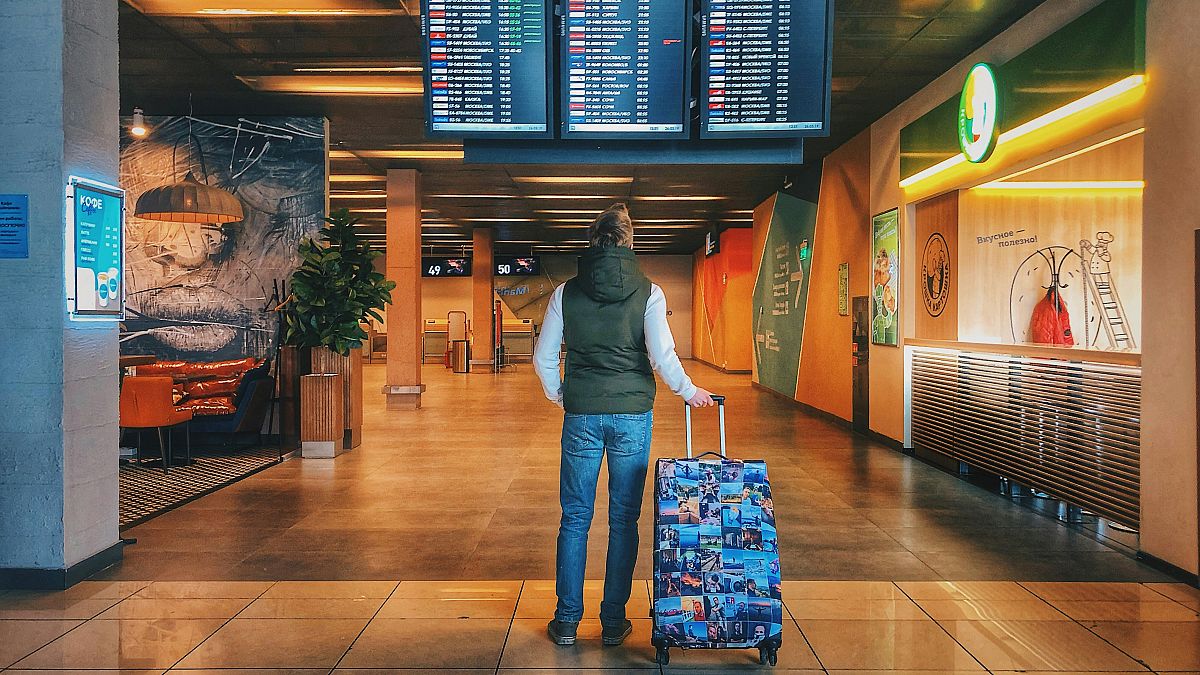SNCTA, the largest union representing air traffic controllers in France, has dropped plans for a 24-hour strike on Thursday after reaching a deal on pay and working conditions.
However, the deal came too late to roll back cancellations ordered by France's DGAC civil aviation authority.
As a result, 75 per cent of flights remain canceled at Paris Orly Airport on Thursday and 55 per cent at Paris Charles de Gaulle Airport in Roissy. In Marseille-Provence, 65 per cent of flights are cancelled along with 45 per cent in other airports in mainland France.
Two other unions, UNSA-INCA and Usac-Cgt, had also called a strike. It is not clear whether they will still go ahead with the action.
A ‘black day’ for French airports
France’s largest air traffic controllers union had filed a strike notice for this Thursday, protesting the restructuring of workers' services.
The SNCTA, which represents over 60 per cent of France’s air traffic controllers, told the French press earlier this week that they expected a "record turnout".
The national press has dubbed the 25th a “journée noir” (black day) for French airports.
"People should expect major disruption and long delays," a spokesperson for the SNCTA union told AFP.
It was predicted that the 24-hour strike would lead up to 70 per cent of flights in and out of French airports to be cancelled.
Despite the strike being called off, the news came too late for cancellations to be reversed, and they remain at or just slightly below original figures.
It is unclear whether 'overflights' that need to enter French airspace will still be affected but budget airline Ryanair warned that over 300 flights would be cancelled due to the threatened strike.
Why did French air traffic controllers call a strike?
Unions were objecting to the restructuring of air navigation services, a debate that has been ongoing for the last 15 months.
Air traffic authorities are overhauling work schedules to cope better with predicted increases in flight traffic.
Unions were demanding an accompanying rise in salaries and employee numbers.
SNTCA was seeking pay increases of 5.04 per cent per year in 2025, 2026 and 2027, as well as the doubling of their “special qualification allowance”.
It is not yet known what deal has been reached.
The strike threat came despite the agreed ‘Olympic truce’ to suspend industrial action until the end of the games.
Could strikes hit the Paris Olympics?
CGT-RATP union members also announced a seven-month strike notice from 5 February to 9 September that could hit the Ile-de-France bus and metro network - including during this summer's Olympic Games.
However, the French Senate adopted a bill on 9 April to allow the state to ban transport strikes for set periods each year to avoid disruption during major events like Paris 2024.
It also calls for more advance warning of strikes and increased minimum service obligations.
The bill faces opposition and must be adopted by the French National Assembly before it becomes law.
Workers at the state-owned public transport company say they are walking out over pay.


